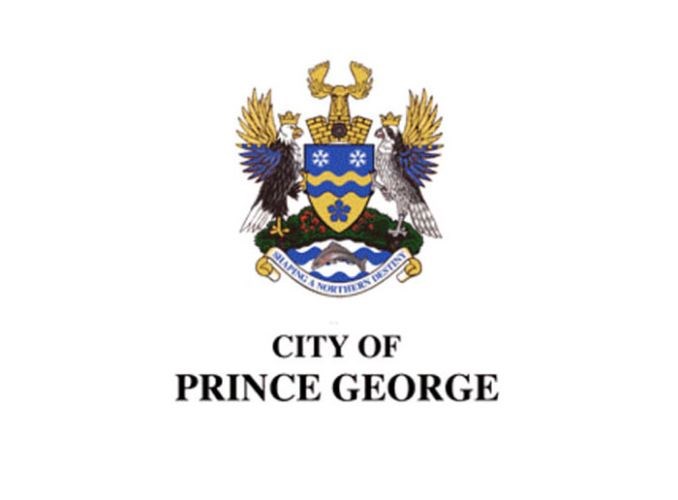Prince George still needs to overcome a reputation problem in order to attract business and employees, according to a study commissioned by the local economic development office.
Initiatives Prince George released the results of their Workforce Intelligence Study on Thursday, a project carried out by R.A. Malatest and Associates Ltd. to identify talent pools for high-demand occupations in the city, which includes a survey on the perceptions of Prince George.
The telephone survey of 510 people in cities across the country suggests 37 per cent of respondents have not heard of Prince George or don't know much about the city while 58 per cent of respondents who do know about the city believe it to be is unsafe and high in crime. Fourteen per cent of respondents believed the city to be safe.
Respondents were also asked about their familiarity with other northern resource communities such as Prince Rupert, Fort St. John and Fort McMurray. Canadians are more familiar with P.G. than Prince Rupert and Fort St. John, and about as familiar with the city as Fort McMurray, according to the report on the survey.
"It is not so much a lack of awareness that is hindering Prince George as it is the wrong kind of awareness," said the report.
However, 60 per cent of respondents would prefer to live in a city of 80,000 compared to a larger city like Toronto or Vancouver and 72 per cent of respondents would prefer to relocate to B.C.
"What IPG needs to communicate to workers willing to relocate are the advantages of living in Prince George versus the other cities in the province," said the report. "IPG will want to emphasize the advantage Prince George has over Vancouver, particularly with respect to cost of living, cost of housing, rent and wages."
The study revealed that the most-difficult jobs to fill locally this year include civil, mechanical and electrical engineers, specialist physicians, university professors and lecturers, chartered accountants, heavy-duty equipment mechanics, millwrights, truck drivers, power engineers, welders and instrumentation technicians.
Prince George employers interviewed for the study commonly cited a variety of challenges to maintaining or attracting a workforce to the city, such as a lack of knowledge about the cost of living and amenities, perceptions of Prince George as a forestry town, competition from mining and the oil and gas industries and retirement and experience gaps.
The consultants recommend Prince George focus its attraction efforts on major Canadian urban centres such as Calgary, Toronto, Vancouver, and Montreal as well as London and Windsor, Ont., Victoria, Kamloops and Edmonton.
They also recommend IPG boost their focus on the affordable housing options in the city, that existing employers should offer incentives for recruiting friends and there should be more of an outreach to secondary students.
"A deciding factor in an investor's decision to locate in a city is the availability of a large and skilled workforce, and right now, Prince George is functionally fully employed," said IPG CEO Heather Oland. "The Workforce Intelligence Study arms us with information that we can use to target our existing promotional strategies and provide additional services to local employers that they can use in their employee recruitment efforts."



